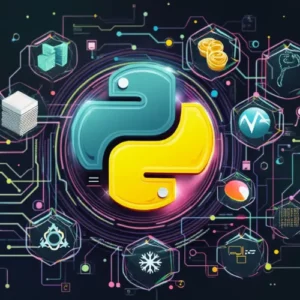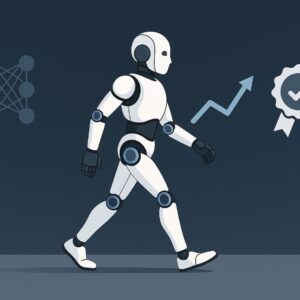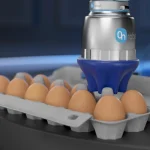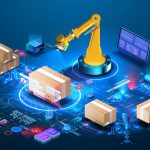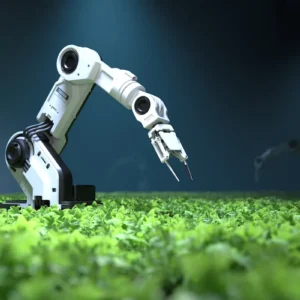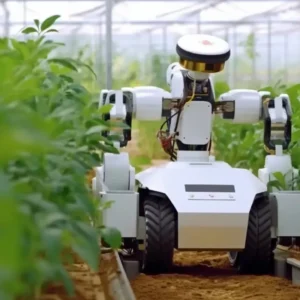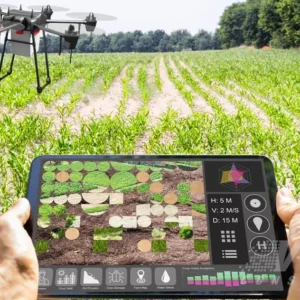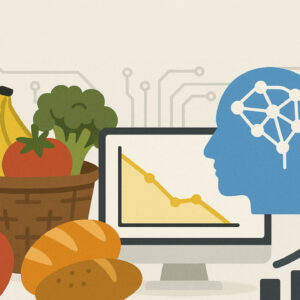Artificial Intelligence (AI) has been making waves across various industries, but its impact on food quality control has been especially transformative. From ensuring safety to enhancing product consistency, AI-powered systems are becoming a key player in revolutionizing how food is monitored, inspected, and evaluated.
The Role of AI in Food Quality Control
AI in food quality control primarily focuses on automating the detection of defects, contamination, and quality inconsistencies. The integration of AI technologies, including machine learning (ML), computer vision, and neural networks, allows food manufacturers to assess quality metrics with a level of precision that was previously unattainable. AI systems excel at inspecting various aspects of food, such as size, shape, color, texture, and even internal composition, providing rapid and accurate assessments that minimize human error.
How AI Enhances Consistency and Safety
Consistency in food production is vital, particularly in industries where consumer trust relies heavily on uniform quality. AI ensures that products meet the desired specifications, reducing the likelihood of subpar items reaching consumers. These AI-driven systems use advanced sensors and algorithms to continuously monitor production lines, detecting deviations in real time. This allows manufacturers to address issues immediately, ensuring product safety and quality remain at optimal levels.
AI’s Role in Reducing Waste in Food Production
Food waste is a global issue, and a significant portion of waste stems from quality control processes where items that do not meet specific standards are discarded. AI in food quality control helps reduce waste by enabling more precise evaluations, ensuring that only genuinely defective products are removed from the production line. By distinguishing between minor imperfections and actual defects, AI systems ensure that fewer products are unnecessarily rejected, which ultimately saves resources.
Real-Time Monitoring and Data-Driven Insights
AI technologies excel at analyzing large volumes of data in real time, a capability that proves invaluable in quality control. Systems equipped with AI can monitor production processes continuously, collecting and analyzing data at every stage. This real-time monitoring allows manufacturers to spot trends, make data-driven decisions, and optimize operations to prevent quality issues before they escalate. In the food industry, such proactive approaches help maintain high standards while also improving efficiency.
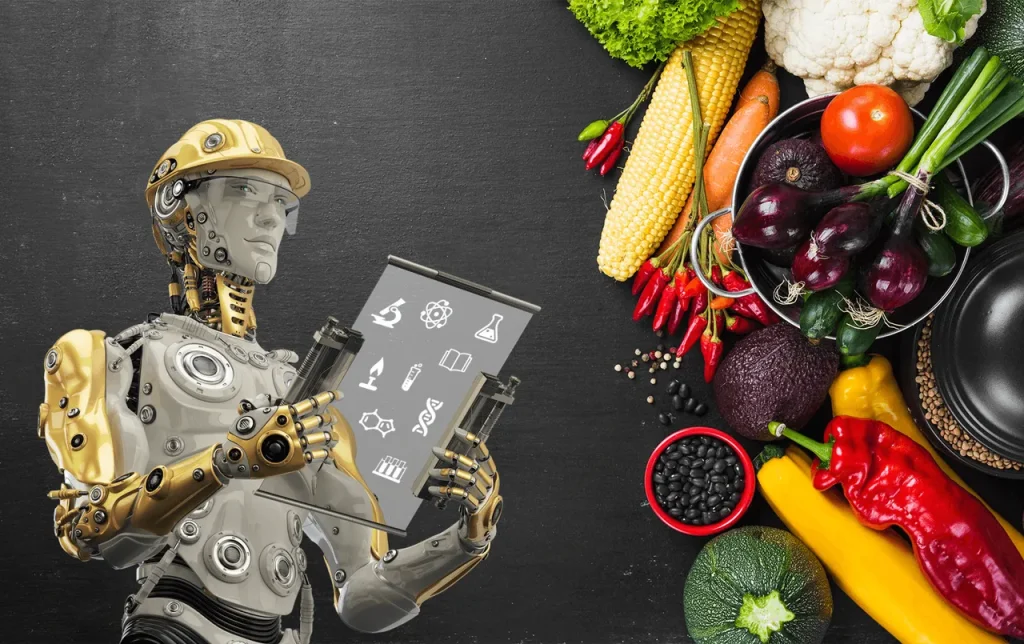
Improving Food Safety Through AI-Powered Inspection
Foodborne illnesses remain a serious concern, but AI in food quality control offers an effective solution for minimizing these risks. By using machine learning algorithms trained on massive datasets, AI systems can detect harmful bacteria, contaminants, or foreign objects in food products that might otherwise go unnoticed. These systems are far more reliable than traditional inspection methods, which often rely on manual checks that can be inconsistent and prone to error.
AI-Driven Solutions for Better Supply Chain Management
The application of AI in food quality control extends beyond the factory floor. AI can play a crucial role in the supply chain by predicting and preventing potential quality issues before products even reach the consumer. For example, AI models can monitor environmental conditions like temperature and humidity, ensuring that perishable goods are transported and stored in optimal conditions. Such predictive capabilities enhance the overall efficiency of the food supply chain and ensure that consumers receive fresher, safer products.
The Future of AI in Food Quality Control
The potential for AI in food quality control is immense, and as technology advances, it is likely to play an even more central role in shaping the food industry. The integration of AI with other emerging technologies such as blockchain could offer new levels of transparency, enabling consumers to trace the origins and quality of their food more easily. As AI systems continue to evolve, their applications in quality control will likely expand, covering everything from detecting allergens to evaluating nutritional content.
Overcoming Challenges in Implementing AI Systems
Despite the benefits of AI, there are challenges to its widespread adoption. One of the primary hurdles is the initial cost of implementing AI-powered systems, particularly for smaller companies. Additionally, AI models require extensive training data to function effectively, which can be time-consuming and resource-intensive to collect. However, as AI technologies become more affordable and accessible, these barriers will likely diminish, allowing more food producers to leverage AI for enhanced quality control.
AI in Agricultural Practices to Support Food Quality Control
AI in food quality control begins even before food reaches the processing plants. AI-powered systems are increasingly used in agriculture to monitor crop health, soil conditions, and environmental factors. This ensures that high-quality ingredients are harvested and processed, contributing to overall food safety and quality. With AI, farmers can better predict crop yields, detect diseases early, and manage resources more efficiently, which positively impacts the quality of the food produced.
AI-Powered Robotics in Food Inspection
The introduction of AI-powered robotics in food quality control is a game-changer for the industry. These robots are equipped with computer vision and deep learning algorithms that allow them to inspect food items at a granular level, identifying defects or inconsistencies that the human eye might miss. AI-driven robots are not only faster but also more accurate, ensuring that food inspection processes are both efficient and reliable. This use of robotics enhances productivity while ensuring high standards of food quality.
Sustainability and food quality control with AI
Sustainability is a growing concern in the food industry, and AI in food quality control can contribute significantly to addressing this challenge. By reducing waste and optimizing resources, AI systems help food manufacturers adopt more sustainable practices. For instance, AI can assist in minimizing energy consumption during food processing, reducing the carbon footprint associated with production. This aligns with the broader goal of creating a more environmentally friendly food industry while maintaining high quality.
AI’s Role in Customizing Food Products
In addition to ensuring quality, AI in food quality control also supports customization efforts in the food industry. Consumers today demand personalized food products tailored to their preferences, whether it’s a specific flavor, texture, or nutritional profile. AI systems can analyze consumer data and trends to help manufacturers create customized products that meet individual needs while maintaining quality standards. This level of customization enhances consumer satisfaction and helps companies stay competitive in a dynamic market.
Consumer Trust and AI in Food Quality Control
For consumers, trust in food quality is paramount, and AI can play a critical role in building and maintaining that trust. AI in food quality control provides an added layer of assurance that products are safe, high-quality, and consistently reliable. With AI-driven inspection and monitoring systems, consumers can have greater confidence that the food they purchase has undergone rigorous checks for quality and safety. This trust is especially important as consumers become more health-conscious and demand higher standards from food producers.
AI in food quality control and Regulatory Compliance
Regulatory compliance is a key concern for food manufacturers, and AI in food quality control can help ensure adherence to stringent food safety regulations. AI systems can be programmed to detect potential violations in real time, alerting manufacturers to issues that need immediate attention. By automating compliance monitoring, AI reduces the risk of human error and helps companies avoid costly fines or recalls, while ensuring that food products meet or exceed regulatory standards.
AI for Predictive Maintenance in Food Processing Equipment
Beyond inspection and monitoring, AI also plays a pivotal role in maintaining the equipment used in food production. Predictive maintenance, powered by AI, can analyze the condition of machinery in real time, anticipating potential breakdowns or malfunctions before they occur. By identifying signs of wear and tear early, AI systems can alert maintenance teams to take action, preventing costly downtime and ensuring the continued production of high-quality food products. This technology not only increases efficiency but also reduces the risk of equipment-related quality issues, further enhancing overall food safety.
AI in Detecting and Preventing Fraudulent Practices
Food fraud, such as mislabeling or the inclusion of substandard ingredients, poses a serious risk to consumer health and trust. AI in food quality control has the capability to detect such fraudulent activities by analyzing product composition and comparing it to established standards. Machine learning algorithms can identify anomalies in ingredient quality or detect patterns that indicate potential fraud, allowing companies to take corrective actions swiftly. With AI, manufacturers can safeguard their reputation while ensuring that consumers receive authentic and high-quality products.
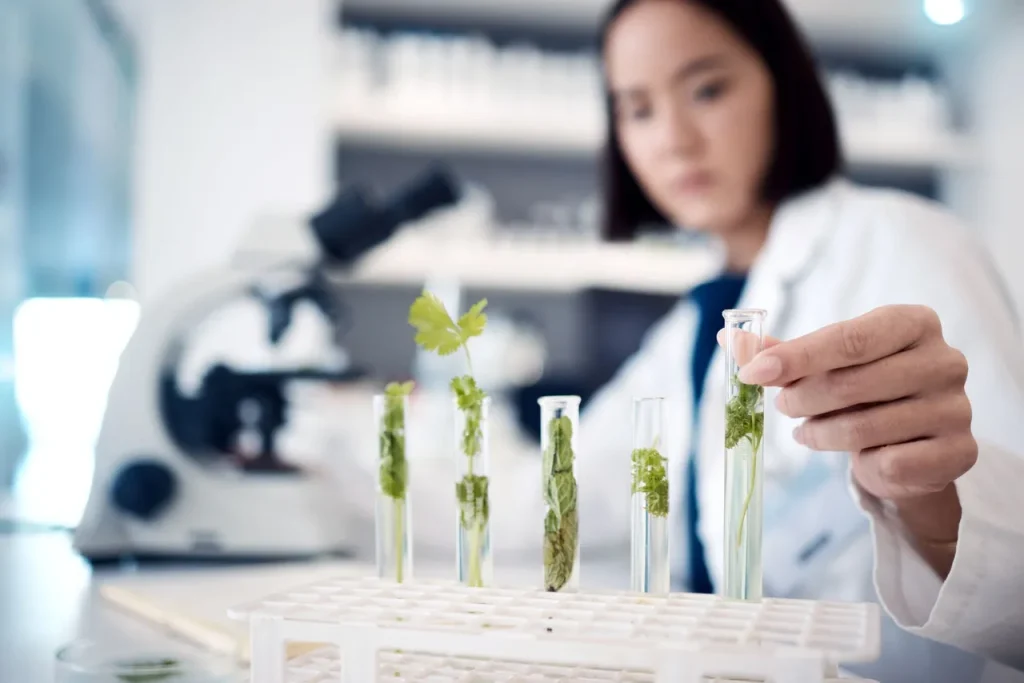
Conclusion
The integration of AI in food quality control is reshaping the way food is produced, processed, and delivered to consumers. From enhancing consistency and safety to reducing waste and optimizing resources, AI offers a multitude of benefits that are transforming the food industry for the better. While challenges remain in terms of implementation costs and data requirements, the future of AI looks promising. As technology continues to evolve, AI-driven systems will likely become even more integral to ensuring that the food we consume is safe, high-quality, and sustainable.


